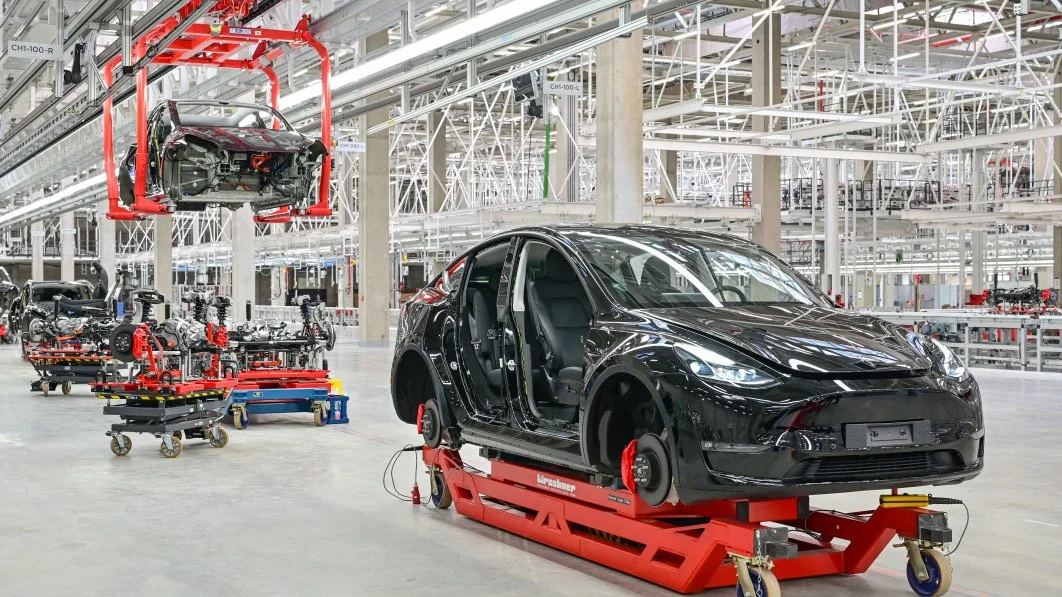On Thursday, Tesla shareholders will confront a difficult decision: approve Elon Musk’s massive pay package, the largest ever given to a CEO, or risk him picking up his ball and walking home.
The shareholder meeting on Thursday is a vote on Musk’s turbulent leadership, during which he took a very obscure firm, wrested it from its founders, and transformed it into what is perhaps one of the most influential automotive companies in modern history. To compensate him for this achievement, shareholders will vote on Musk’s compensation — totaling $50 billion — for the second time.
Last January, a Delaware court judge overturned Musk’s pay package, which was first approved in 2018, claiming that the process was defective because shareholders lacked insight into its development and Tesla’s board was too cozy with its already wealthy CEO. Incensed, Musk pulled some levers to arrange another vote, while simultaneously pushing for a proposal to re-incorporate Tesla in Texas to evade the scrutiny of Delaware’s shareholder-friendly judicial system.
READ MORE: Tesla Driver Posts Their First Power Bill In 12 Months, Leaving Some Stunned By The Amount
Tesla’s board thinks the pay package is necessary to keep Musk’s attention — even as it becomes less evident that money is what truly motivates him.
“If I were a shareholder, I would be asking myself for starters whether the $50 billion Elon Musk is requesting in exchange for his full attention would in fact secure it,” said Gregory Shill, a professor at the University of Iowa College of Law, “or if, as some colleagues have argued, it would be unlikely to.”
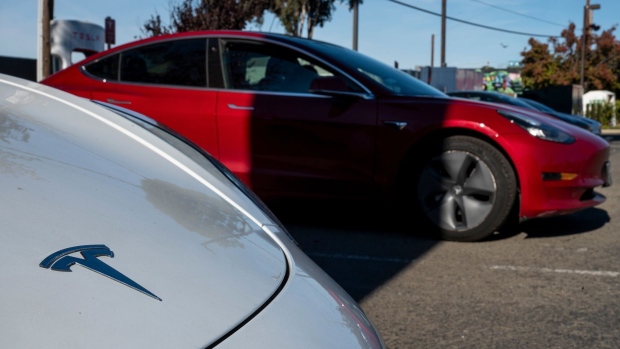
“One simple purpose”
In a letter to shareholders this week, Tesla board chair Robyn Denholm claimed that for Musk to collect his historic remuneration, he needed to meet certain operational milestones and improve the company’s stock and valuation — which he did. The firm became the world’s most valuable automaker in 2020, with a market valuation of more than $400 billion. In 2021, it temporarily surpassed a $1 trillion valuation.
The original plan “had one simple purpose,” Denholm added, “to keep Elon focused on Tesla and motivated to achieve the Company’s incomparable ambitions.” Tesla has to “retain Elon’s attention and motivate him to continue to devote his time, energy, ambition and vision to deliver comparable results in the future,” she stated.
READ MORE: Tesla Recalls All Cybertrucks: What We Know
Musk, in usual fashion, was more blunt: give me 25% of the company or I’ll spin off the AI section into another company, he stated on X.
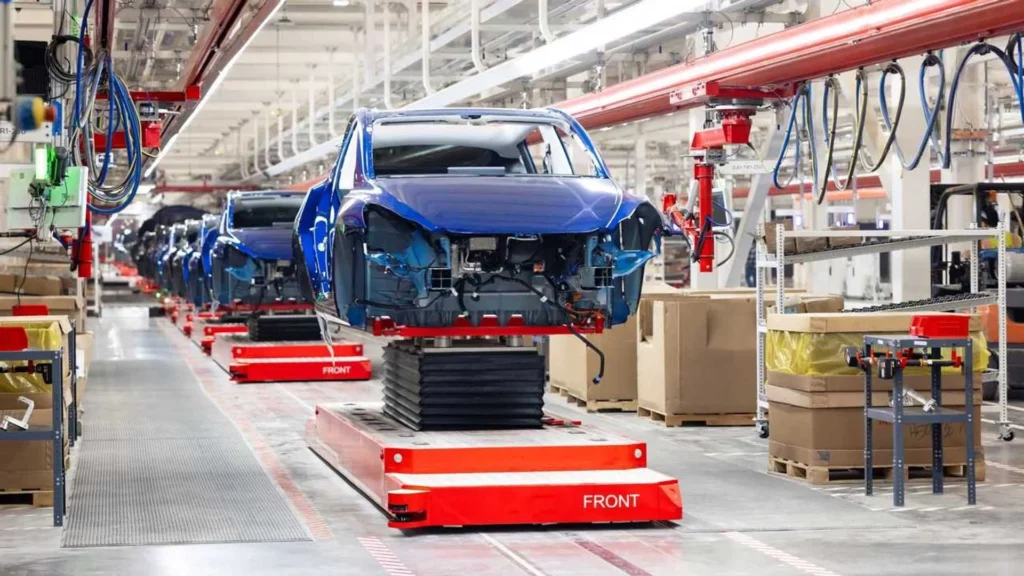
The question of the CEO’s “attention” and “focus” is specific to Fortune 500 organizations. No other corporation has a CEO who appears uninterested in the position for which he is most recognized. Musk is dangerously spread thin, controlling SpaceX, The Boring Company, Neuralink, X Corp., and xAI, an AI startup that recently got $6 billion in funding. And, while Tesla is the source of Musk’s fortune and reputation, it’s clear that his focus has shifted significantly in recent years.
Tesla presented a lengthy list of accomplishments under Musk on Wednesday, including increased vehicle deliveries and milestones in the development of the company’s Full Self-Driving software, which Musk has maintained will eventually lead to completely autonomous vehicles.
READ MORE: Kris Jenner Gives Grandson Psalm A $1,500 Toy Tesla Cybertruck For His Fifth Birthday
The corporation makes no mention of the previous six months of instability, which included three rounds of layoffs, a roughly 30% decline in share price, and rampant price cuts, resulting in the lowest profit margins in six years. Many observers have remarked that the recent slowdown in EV sales growth appears to be exclusively concentrated within Tesla, which still holds more than half of the market. Unsold Teslas are building up in parking lots in such vast numbers that they can be seen from space.
The question on the CEO’s “attention” and “focus” is unique among Fortune 500 companies.
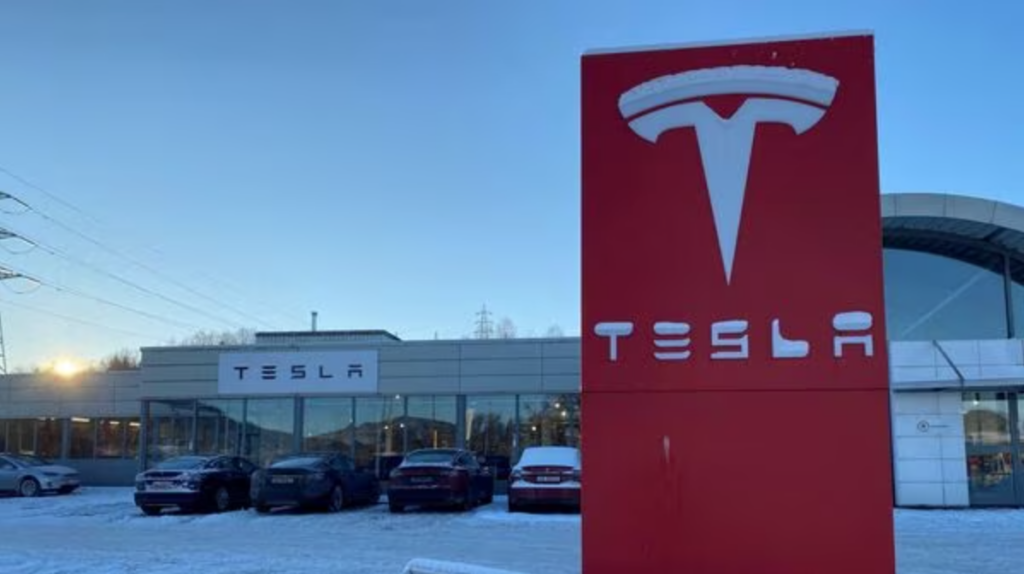
Samantha Crispin, a partner and chair of the corporate department at Texas-based law firm Baker Botts, believes these challenges may sway some investors, depending on when they first became interested in the Tesla story.
“A recent investor that hasn’t seen the type of return on investment, like somebody who would have invested pre-2018, they may well have a very different point of view,” Crispin stated to The Verge.
“Unpredictable”
The vote has swiftly become a fight between institutional investors — massive groups that own Tesla stock — and retail investors, commonly known as mom-and-pop shareholders, who own individual equities.
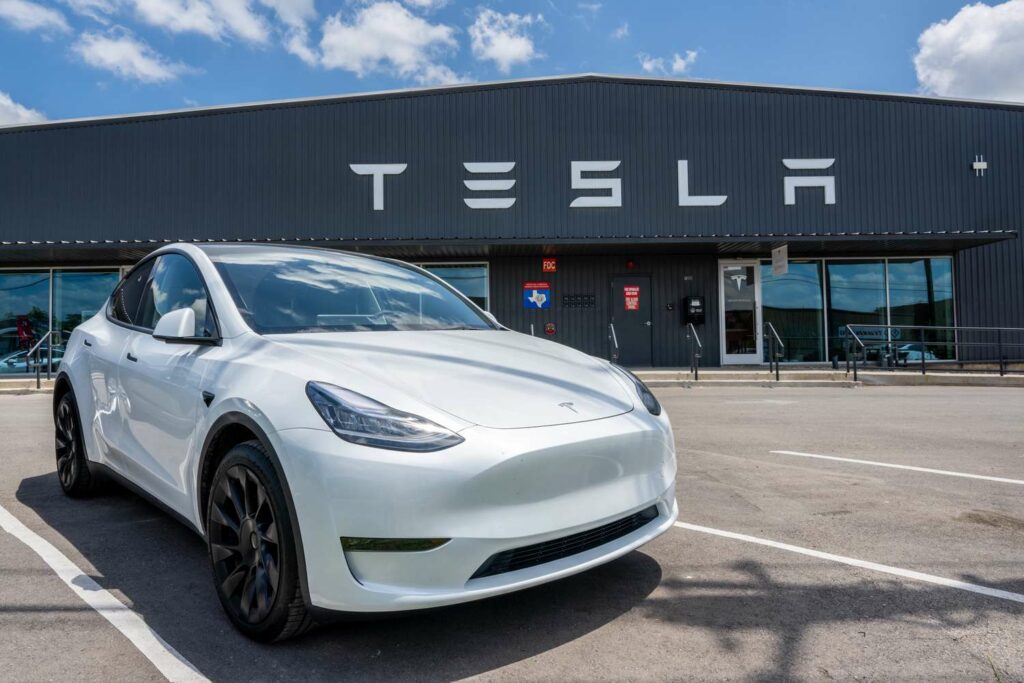
According to Reuters, Tesla has the greatest percentage of retail investors in the S&P 500, accounting for 43 percent. On X, Musk claims to have the vast majority of their support, which is unsurprising. Musk actively seeks the approval of small-business investors, sparring with them on Twitter, allowing them to ask questions during earnings calls, and inviting them to lavish events at his facilities. This time, Tesla is offering factory visits guided by Musk to a restricted group of shareholders to urge them to vote.
The only issue is that retail investors have generally been passive about voting their shares. When they vote, they tend to support management. Most of the time, however, they don’t bother.
Meanwhile, some leading proxy advice firms have urged voting against the proposal, claiming it is too “excessive” and will dilute the value for individual shareholders – a bad sign for Musk’s chances.
READ MORE: Elon Musk Comments After A Man Makes A Fully Operational Cybertruck Out Of Wood For $15,000
“A known quantity”
Even if Musk wins the vote, he will not immediately become $50 billion richer. That’s because Tesla has yet to file an appeal to the Delaware court’s decision, which is required in order for Musk to get his compensation. A positive conclusion would be prominently included in the appeal, potentially leading to the judge’s ruling being overturned.
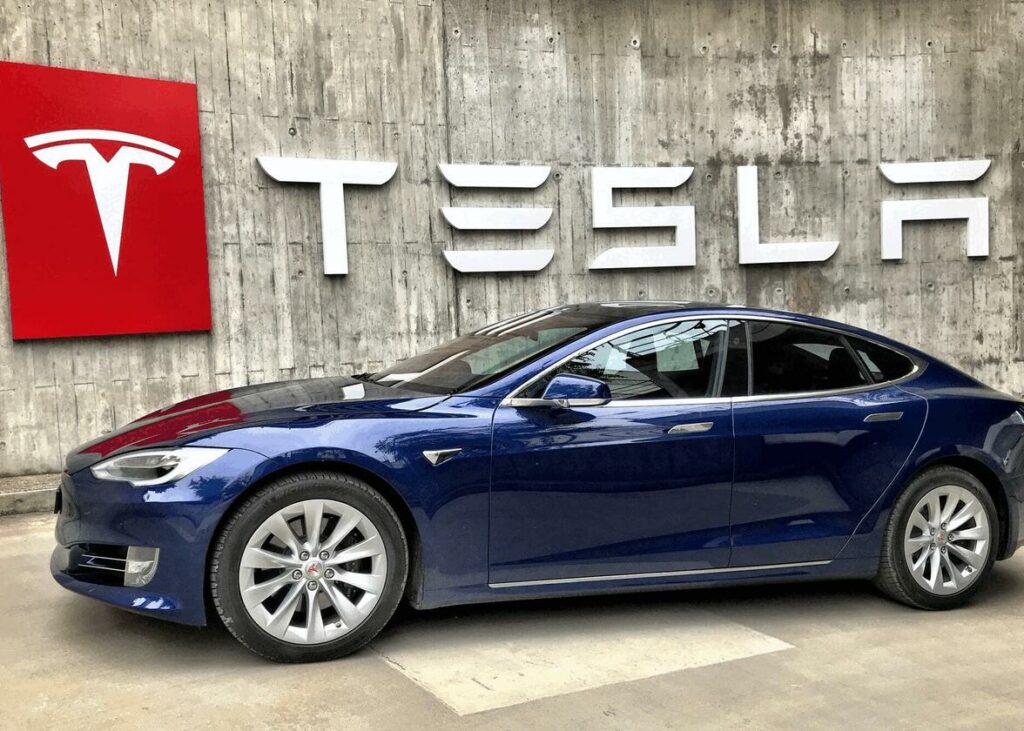
Tesla shareholders are also being asked to adopt a proposal to re-incorporate the business in Texas. That could work against Tesla’s efforts to persuade the Delaware courts to change their decision. It might also erode its support among institutional investors, who have historically supported Delaware due to its predictability.
“It’s a known quantity with many decades of established legal precedent that people respect, and Texas is an unknown quantity in that regard,” said Stephen Diamond, an expert in corporate governance at Santa Clara University’s law school. Diamond also mentioned that reincorporation in Texas requires a higher vote threshold than compensation, which may make it more difficult to accomplish.
All of these difficulties will be on show at Tesla’s Austin plant on Thursday. Fanboys, average shareholders, major investors, sovereign wealth funds, and money managers will all be present. Musk has long claimed that Tesla is not just a car company, but rather a technology firm. In truth, it is an AI and robotics business seeking to grab the zeitgeist alongside other major tech players.
He is certainly a true believer. Tomorrow’s vote will determine whether or not everyone else buys it.
Radiant TV, offering to elevate your entertainment game! Movies, TV series, exclusive interviews, music, and more—download now on various devices, including iPhones, Androids, smart TVs, Apple TV, Fire Stick, and more.


